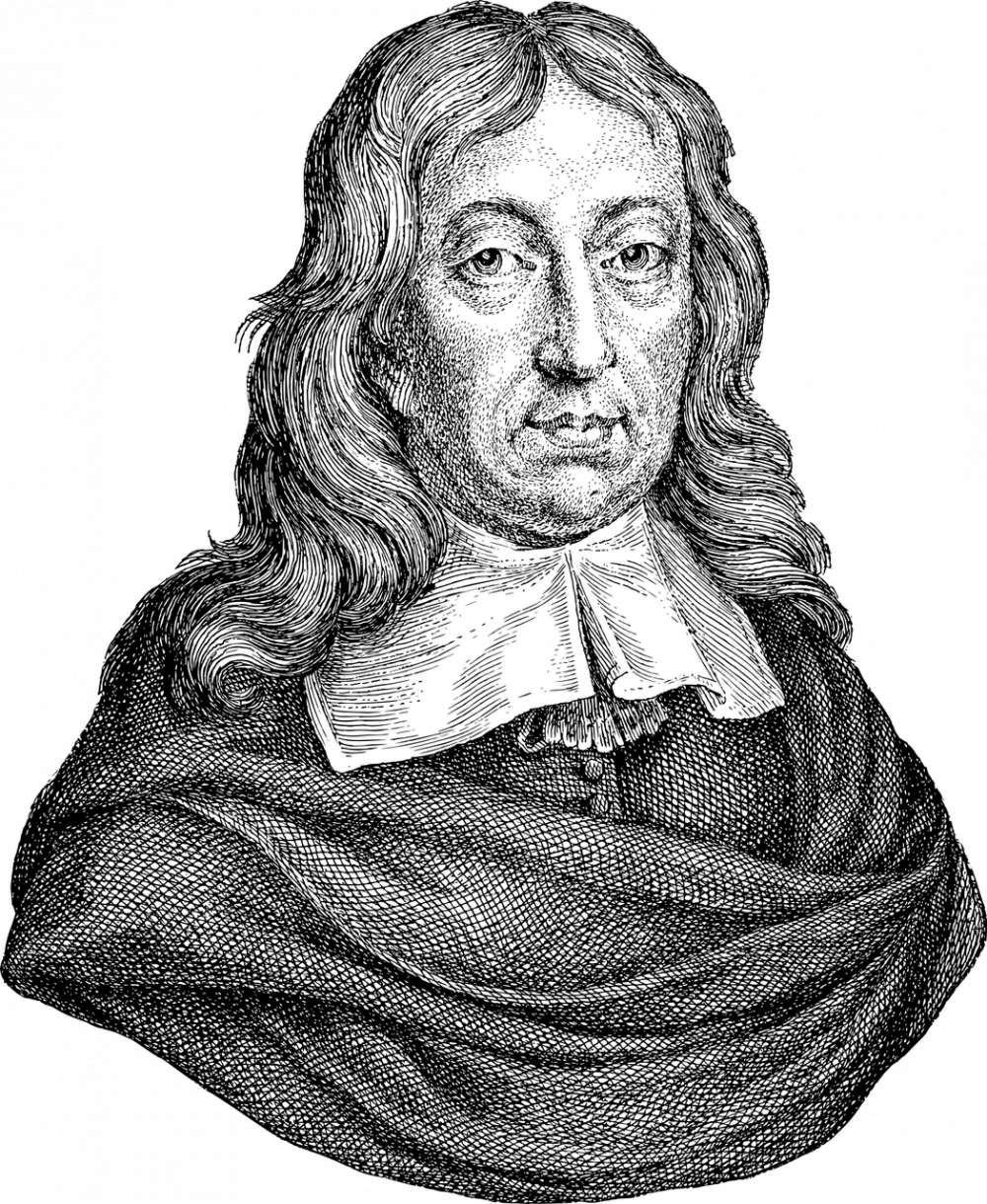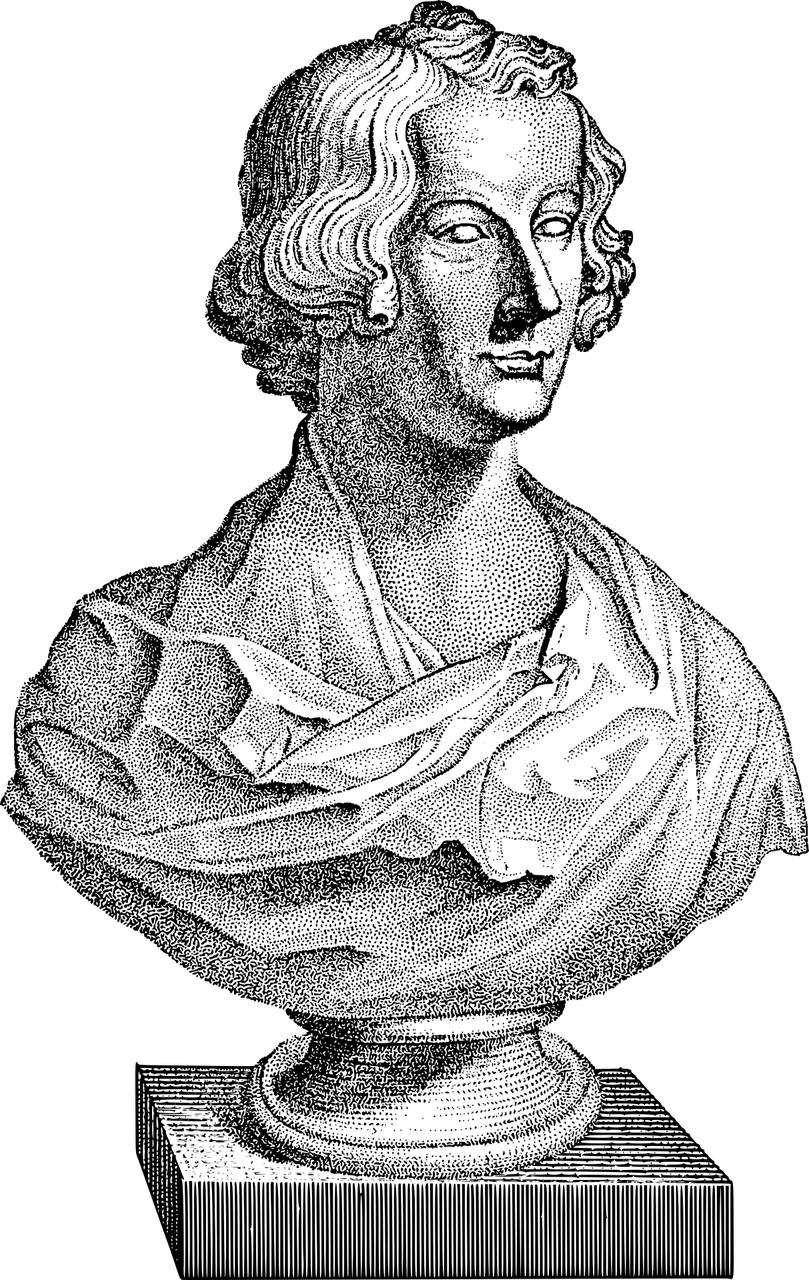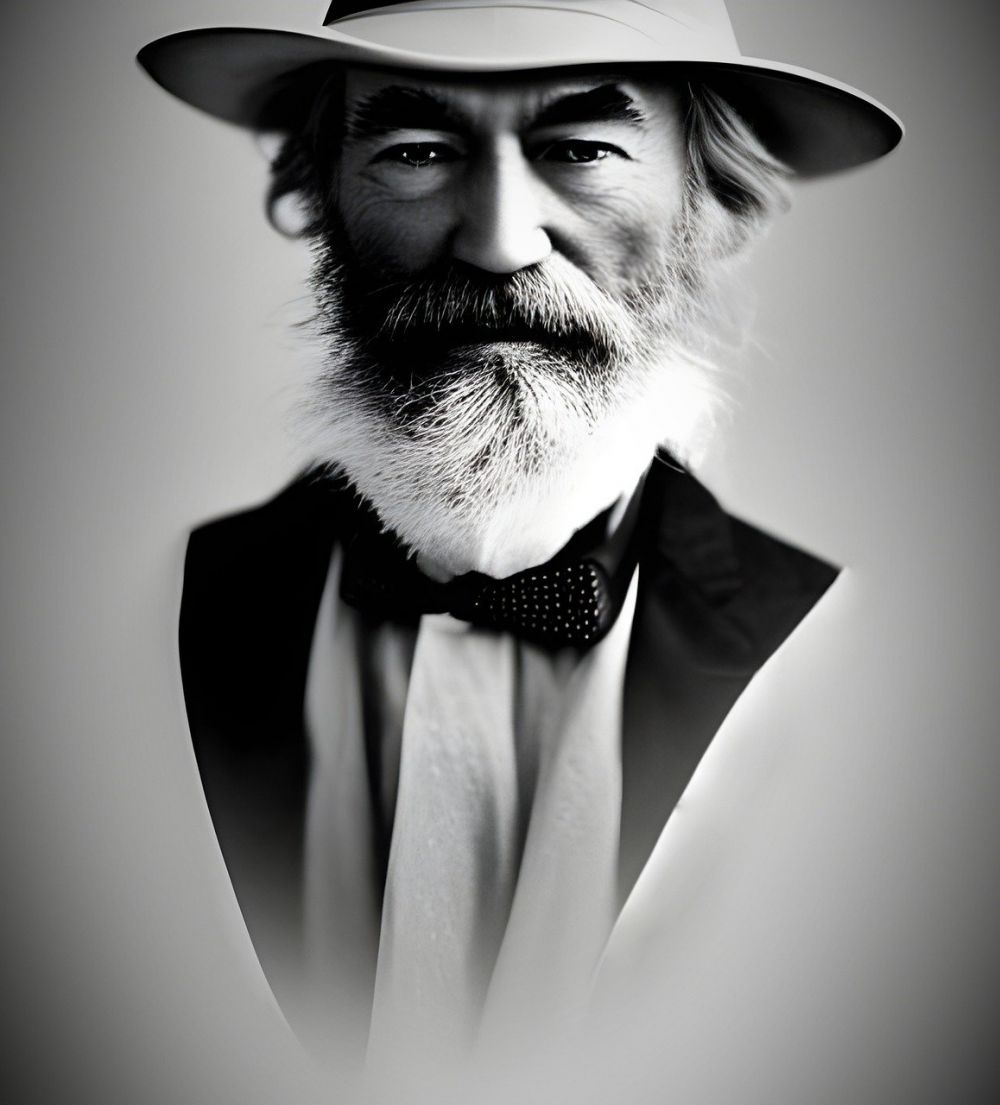Franz Kafka: The Enigmatic Writer Who Redefined Literature

Introduction:
Franz Kafka, born in 1883 in Prague, Czech Republic, was an influential figure in modernist literature. Known for his complex and enigmatic narratives, Kafka’s works continue to captivate readers and provoke discussions among literary scholars. In this article, we delve into the life and works of Franz Kafka, shedding light on his unique writing style, his historical significance, and his lasting impact on the literary world.
I. Understanding Franz Kafka:

– Franz Kafka was a Jewish writer who wrote primarily in German. His works, often characterized by themes of alienation, existential anxiety, and the struggle for identity, reflect the turbulence of his own personal life.
– Kafka’s writing style is characterized by its surreal, dark, and dreamlike quality. His stories often feature absurd situations, bizarre characters, and a sense of impending doom.
– His most renowned works include “The Metamorphosis,” “The Trial,” and “The Castle,” which are still widely studied and celebrated today.
II. Historical Evolution of Kafka:
– Kafka’s literary career was largely unacknowledged during his lifetime. He worked as an insurance officer, dedicating his evenings and weekends to writing. It was only after his death in 1924 that his works gained recognition and gradually became influential.
– Kafka’s writing was deeply influenced by his personal struggles, including his strained relationship with his father, his self-doubt as a writer, and his struggles with his Jewish identity in a predominantly anti-Semitic society.
– His works were initially associated with the Expressionist movement, with their focus on emotional turmoil and subjective experiences. However, Kafka’s writing transcends any particular literary movement and remains timeless in its exploration of the human condition.
III. The Key Works of Franz Kafka:
1. “The Metamorphosis”:
– Published in 1915, “The Metamorphosis” tells the story of Gregor Samsa, who wakes up one morning to find himself transformed into a gigantic insect.
– This novella explores themes of isolation, dehumanization, and the breakdown of familial relationships. It remains a fundamental work in Kafka’s oeuvre and a defining example of his unique style.
2. “The Trial”:
– Published posthumously in 1925, “The Trial” follows the protagonist, Josef K., as he is arrested and subjected to an inexplicable trial that highlights the absurdity of the legal system.
– This novel delves into themes of guilt, alienation, and the powerlessness of the individual in the face of an oppressive bureaucracy.
3. “The Castle”:
– Also published posthumously, “The Castle” revolves around the character K., who struggles to gain access to the castle bureaucracy without success.
– This novel explores themes of authority, identity, and the existential quest for meaning.
IV. Kafka’s Lasting Legacy:
– Franz Kafka’s works have had a profound and lasting impact on literature, philosophy, and popular culture.
– His style and themes continue to inspire countless writers, including Gabriel Garcia Marquez, Albert Camus, and Haruki Murakami.
– Kafkaesque, a term derived from his name, has become synonymous with surreal, disorienting, and nightmarish situations in literature and beyond.
Conclusion:
– Franz Kafka’s contribution to literature remains unparalleled, with his distinctive style and thought-provoking themes captivating readers to this day.
– His exploration of alienation, anxiety, and the human condition continues to resonate with audiences, making him one of the most celebrated and studied writers of the 20th century.
– Kafka’s legacy as a master of the absurd and an insightful chronicler of the human psyche ensures that his works will continue to be cherished by generations to come.
Sources:
– “Franz Kafka” by Allan Janik and Marica R. Paley
– “Kafka: The Decisive Years” by Reiner Stach
– “Kafka: A Very Short Introduction” by Ritchie Robertson





